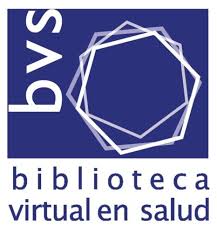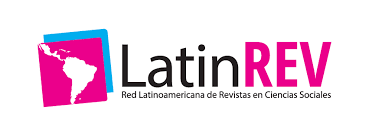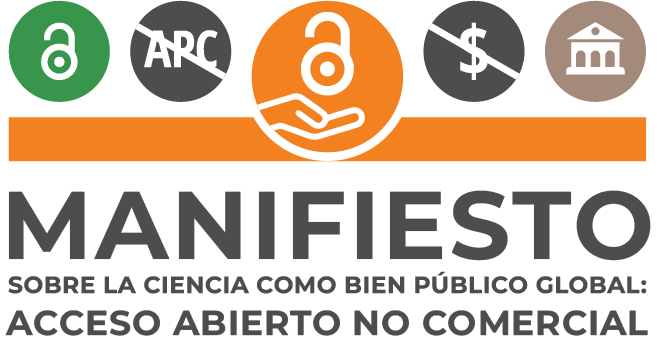Sociodemographic factors and their relationship with the nutritional status of older adults in outpatient clinics at the «Dr. Juan Jose Fernandez», Zacamil
DOI:
https://doi.org/10.5377/creaciencia.v13i2.11823Keywords:
Nutritional condition, malnutrition, sociodemographic factors, Elderly, El SalvadorAbstract
The elderly currently represent 11.22% of the population and the figure is expected to increase in the coming years, which means that it is an important segment of the population in El Salvador. This demographic change requires adequate nutritional care tools in the social environment of this population segment, hence the objective of this research: to analyze the relationship between sociodemographic factors and the nutritional status of older adults who attend the outpatient clinic of the Zacamil National Hospital. The study had a quantitative correlational approach; The data was submitted to descriptive and inferential statistical analysis, using the hypothesis testing technique to a statistical design to draw conclusions and respond to the stated objectives. The nutritional status of malnutrition was present in almost 76% of the population. Regarding the relationship of the variables by means of Chi square, it was determined, according to statistical significance, that the level of education and occupation do maintain a relationship with the nutritional status. On the other hand, when estimating the risk of some of the sociodemographic variables, it was established that being younger and not having economic risk is a protective factor for developing malnutrition due to deficit, being a man represents 1.6 times more risk and living in the rural area represents 1.7 times. increased risk of developing deficiency malnutrition.
Downloads
Published
Issue
Section
License
Copyright (c) 2022 Journal Creates Specialized Science in Health Areas

This work is licensed under a Creative Commons Attribution-NonCommercial-ShareAlike 4.0 International License.
Los artículos de Crea Ciencia están publicados en acceso abierto bajo una licencia CC BY-NC-SA 4.0 de la Universidad Evangélica de El Salvador.





















